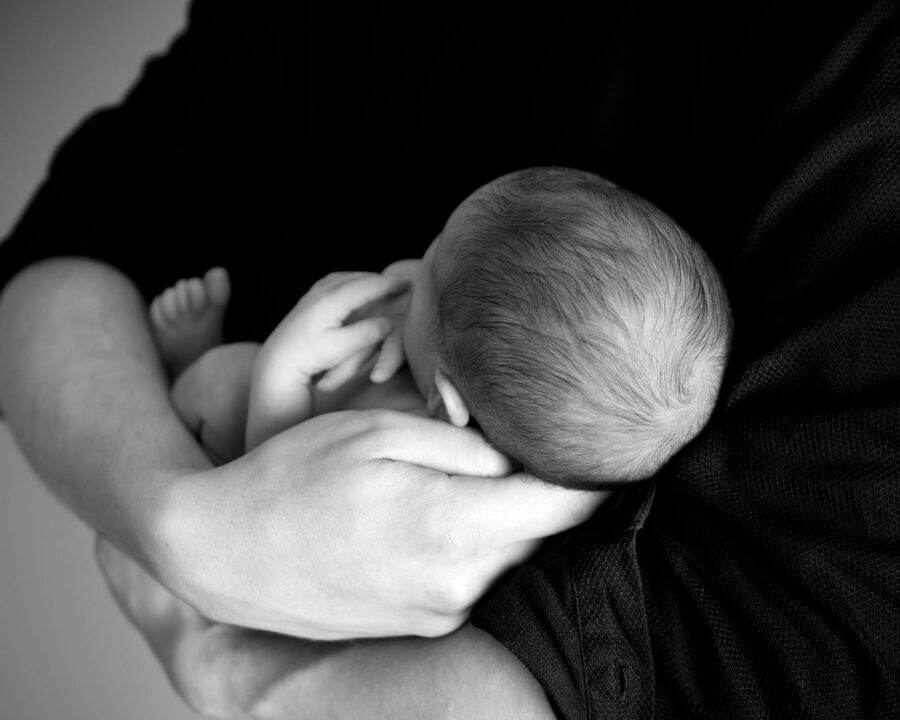
Medi-Cal benefits now include doula services
Last Updated: December 8, 2025 · Rachel, Founder of Mother Muna
“The Department of Health Care Services (DHCS) is adding doula services to the list of preventive services covered under the Medi-Cal program…DHCS added doula services as a covered benefit on January 1, 2023. In order to add these services, DHCS submitted State Plan Amendment (SPA) 22-0002 to the Centers for Medicare and Medicaid Services (CMS) on November 7, 2022, for federal approval. Federal law allows DHCS to add “Preventive Services” to the Medi-Cal State Plan, and DHC is amending the State Plan to add doula services under this authority, as recommended by CMS. DHCS published the Medi-Cal Provider Manual for doula services on December 16, 2022. “
To learn more about Medi-Cal’s benefits, visit the site here. This page provides information about doula services offered by the California Department of Health Care Services (DHCS). The DHCS recognizes the benefits of doula services and encourages the use of doulas to support women during pregnancy, childbirth, and postpartum period. The webpage provides information on what doulas do, how they can help, and how to find a doula. It also includes information on how to become a doula and how to bill Medi-Cal for doula services. The webpage also provides contact information for the DHCS Maternal, Child and Adolescent Health Division for more information about doula services.
Inequality in Maternal Rights
Low-income women often face significant barriers to accessing quality maternal care. They are more likely to experience poor health outcomes and a lack of access to healthcare services. They also face systemic inequalities and discrimination in the healthcare system, which can lead to poor care and poor health outcomes. Furthermore, low-income women are less likely to have access to doulas and other forms of non-medical support during pregnancy, childbirth, and the postpartum period. This can lead to a lack of emotional and informational support, which can make the birthing experience more difficult and traumatic. Additionally, low-income women are more likely to experience poverty, which can make it difficult to afford the costs of pregnancy, childbirth, and postpartum care. This can lead to increased stress and financial burden on low-income women and their families.
What is a doula?
A doula is a trained professional who provides emotional, physical, and informational support to a person who is expecting, is experiencing labor, or has recently given birth. Doulas are not medical professionals, but rather offer non-medical support to the mother, partner, and family before, during, and after childbirth. Doulas can provide information about the birthing process and options, as well as emotional support and help with comfort measures such as massage, relaxation techniques, and positioning. They can also help the mother to advocate for herself and make informed decisions about her care.
Research has shown that having a doula present during childbirth can lead to shorter labor, fewer interventions, and increased satisfaction with the birth experience. Doulas are also trained to support families during the postpartum period, providing information and support related to breastfeeding, baby care, and emotional adjustments to becoming a new parent. Overall, a doula’s role is to provide emotional, physical, and informational support to the mother, partner, and family before, during and after childbirth.
Originally published January 12, 2023. Updated December 8, 2025.


